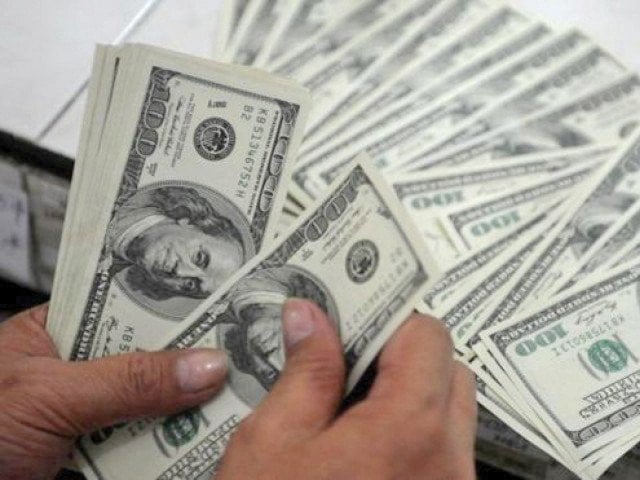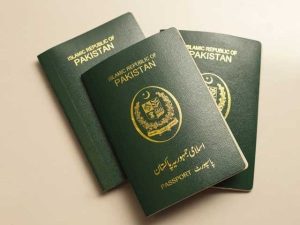ISLAMABAD – To enhance both foreign and domestic investments, the government has approved a new investment policy for 2023 aimed at attracting investors through the adoption of best practices and the creation of an optimal investment environment.
This policy is a result of the Special Investment Facilitation Council, an apex body formed by Prime Minister Shehbaz Sharif, which includes the army chief and provincial chief ministers. The council’s objective is to facilitate foreign investment and remove barriers that impede investment inflows.
Known as the Pakistan Investment Policy (PIP) 2023, the federal cabinet has given its approval through a circulated summary. It is anticipated that this new policy will attract investments totalling $20-25 billion within the next few years. The policy has been developed in consultation with the World Bank, International Finance Corporation, and both provincial and federal institutions.
Under this new policy, the minimum equity requirement for foreign investment has been abolished, allowing foreign investors to invest in all sectors except for casinos, consumable alcohol manufacturing, arms and ammunition, atomic energy, high explosives, currency, and mining. Foreign investors will also have the freedom to repatriate their entire profits abroad in their own currency and will receive special protection.
Foreign investors will no longer face restrictions on leasing or transferring land. Restrictions on foreign real estate developers have been lifted, and there will be no differentiation between foreign and domestic developers. Additionally, foreign investors will be allowed to hold a 60% stake in agricultural projects and 100% equity in corporate agriculture farming.
The policy focuses on simplifying regulations and provides guidelines for establishing an investment grievances mechanism to address investment disputes. It also outlines mechanisms for granting incentives based on performance and location, protects investors in terms of fund transfers, expropriation, fair treatment, and freedom to establish businesses in the country.
This development follows statements by Minister of State for Petroleum Musadik Malik, who revealed that Saudi Arabia and the UAE have expressed strong interest in Pakistan’s information technology and agriculture sectors. Saudi Arabia has allocated $24 billion for investments, while the UAE has allocated $22 billion for exploring opportunities in these sectors.
The World Bank projects that Pakistan’s GDP-to-investment ratio will decrease from 15% in 2020 to 13.3% in 2024. The PIP 2023 aims to reverse this trend by gradually increasing the net foreign direct investment (FDI) ratio from an average of 15% to 20%. Increased FDI is expected to improve Pakistan’s economic complexity by diversifying its export products and services, leading to higher export revenues through value-added activities.













